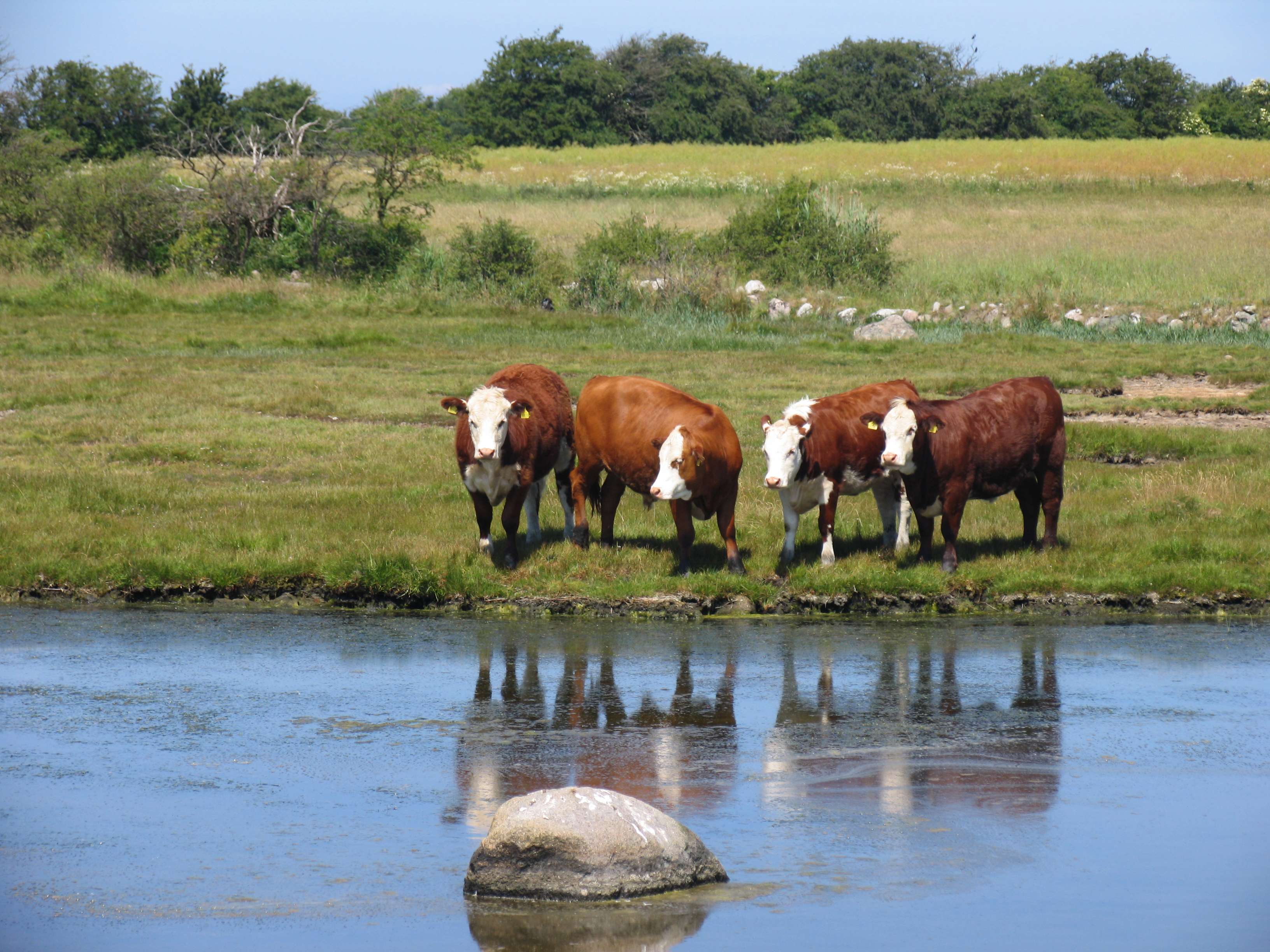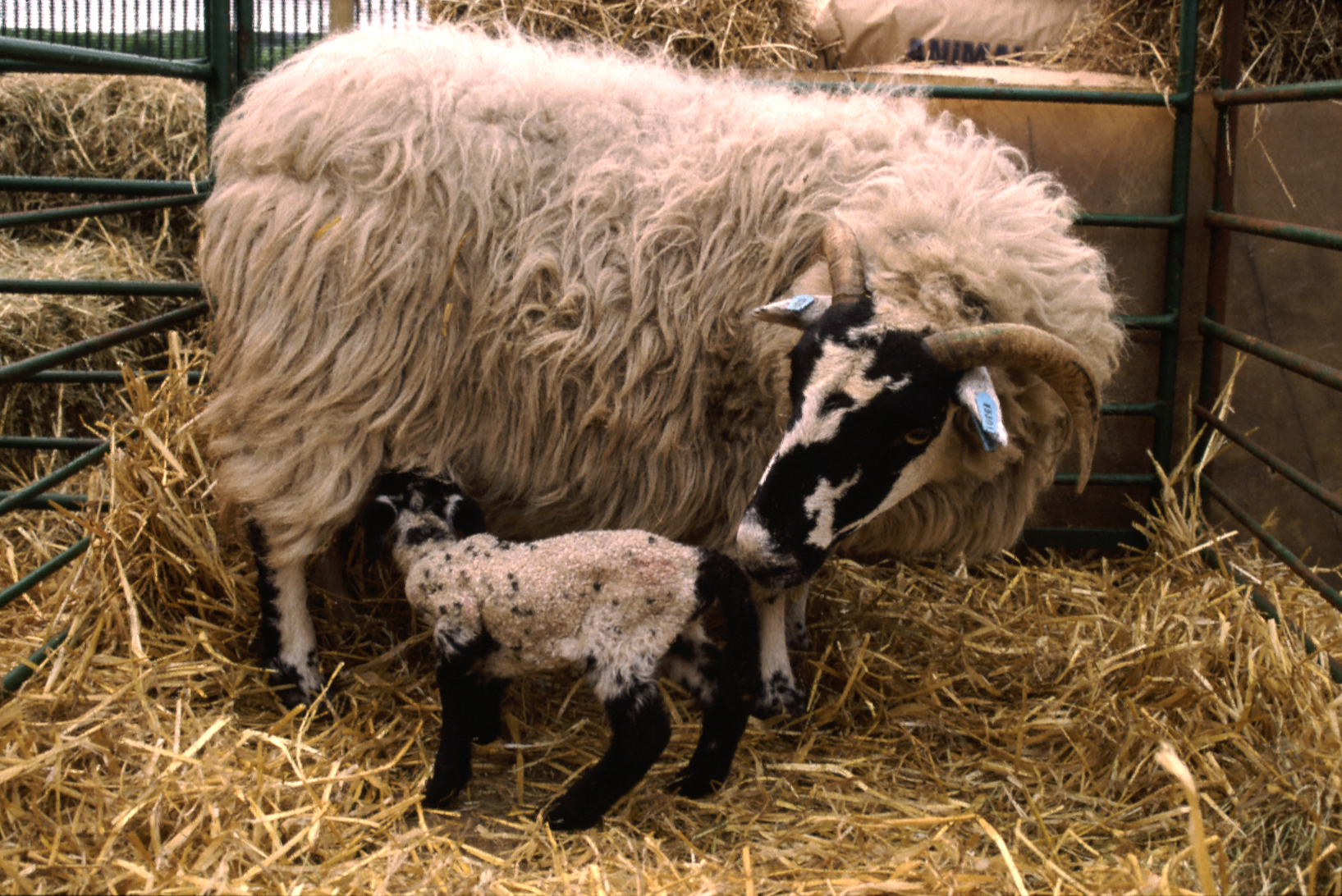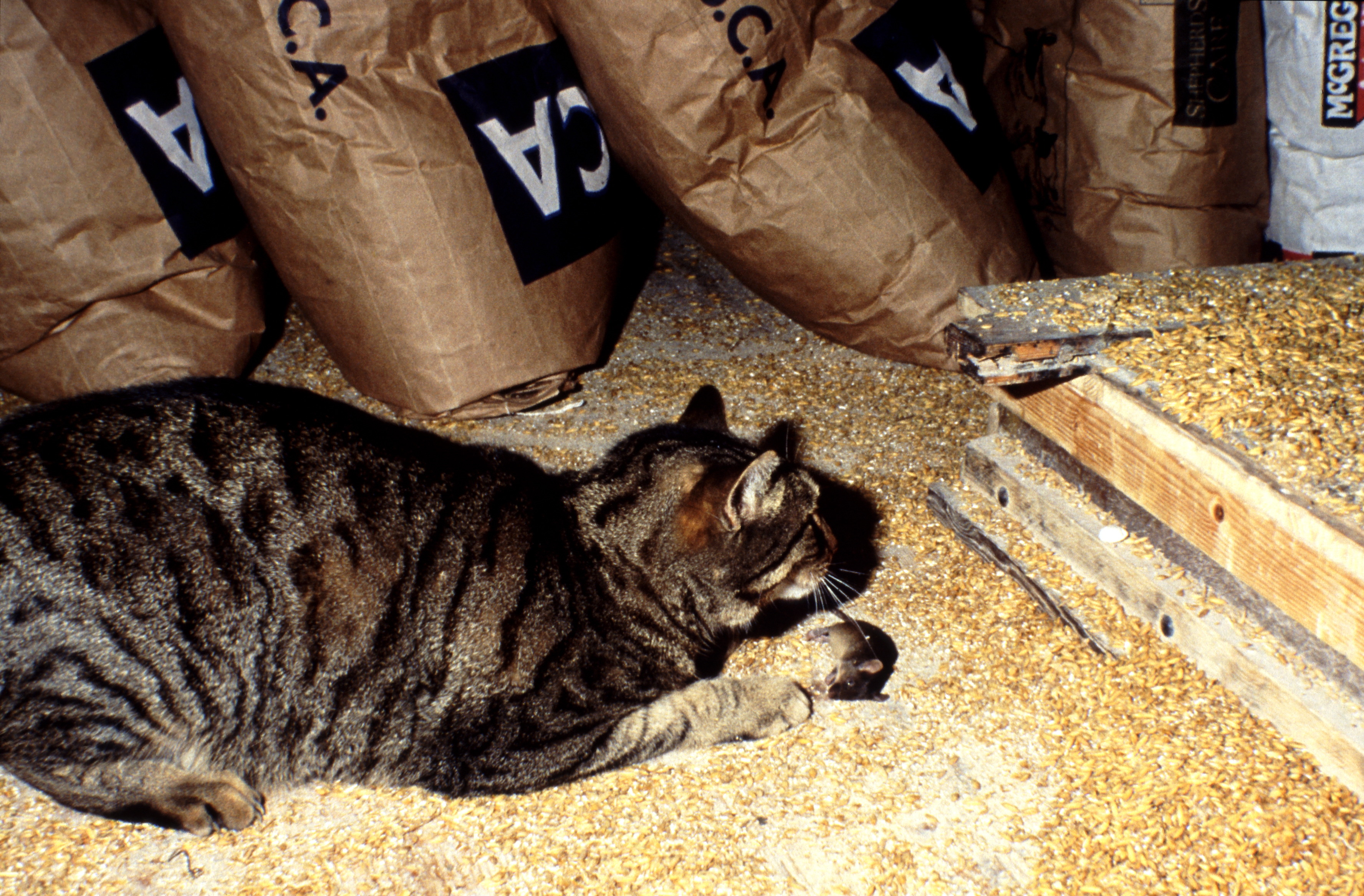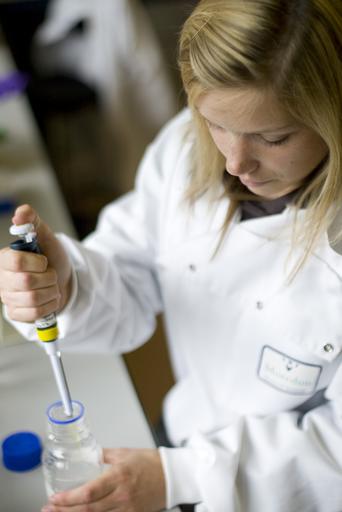Health Risks From Contamination Of Food And Water With Zoonotic Parasites
Published on 26 April 2010 in Sustainability and Communities , Climate, water and energy , Ecosystems and biodiversity , Food, health and wellbeing
Introduction
Cryptosporidium and Toxoplasma are two of the most important zoonotic parasitic infections causing disease in both animals and people in Scotland and worldwide. The importance of monitoring and surveillance of these pathogens has recently been highlighted by the European Food Safety Authority (EFSA).
 These tiny protozoan parasites are also important contaminants of the environment and changes in agricultural practices, climate, land and water management, food production and recreational activities will have a significant impact on the risks of infection with these pathogens. For example the practice of applying animal manure on fields will facilitate the spread of Cryptosporidium oocysts into the environment, watercourses and oceans and the increase in numbers of outdoor reared food animals will also increase infection of these animals with Toxoplasma gondii.
These tiny protozoan parasites are also important contaminants of the environment and changes in agricultural practices, climate, land and water management, food production and recreational activities will have a significant impact on the risks of infection with these pathogens. For example the practice of applying animal manure on fields will facilitate the spread of Cryptosporidium oocysts into the environment, watercourses and oceans and the increase in numbers of outdoor reared food animals will also increase infection of these animals with Toxoplasma gondii.
As both parasites survive well in moist temperate conditions, predicted patterns of climate change favour increased survival of these pathogens in Scotland.
Key Points
 Toxoplasma gondii is the most successful parasite worldwide, capable of infecting all warm-blooded animals. Toxoplasmosis has the highest human incidence amongst the parasitic zoonoses and it is thought that around 20-25% of the population are infected. Toxoplasmosis is also one of the most commonly diagnosed causes of abortion in sheep and goats in UK and worldwide.
Toxoplasma gondii is the most successful parasite worldwide, capable of infecting all warm-blooded animals. Toxoplasmosis has the highest human incidence amongst the parasitic zoonoses and it is thought that around 20-25% of the population are infected. Toxoplasmosis is also one of the most commonly diagnosed causes of abortion in sheep and goats in UK and worldwide.
The parasite may be transmitted by consumption of oocysts from contaminated environmental sources (soil, water, fruit and vegetables), or from eating undercooked meat from food animals infected with Toxoplasma. Infection with the parasite can cause severe disease in the developing foetus with infected children being born with visual, auditory and CNS impairment. Toxoplasma is also a major cause of disease in people who are immuno-compromised.
Recent research has shown that certain strains of T.gondii can cause disease through acquired infection and may be linked to psychotic disorders and behavioural changes as the parasite persists in the CNS of the host.
 The cat is the definitive host of the parasite and will shed millions of oocysts into the environment during a patent infection. Research at Moredun has shown that only a few oocysts are required to initiate infection in other host species. The oocysts have a very tough outer shell which enables them to survive in the environment for long periods of time favouring moist and temperate conditions.
The cat is the definitive host of the parasite and will shed millions of oocysts into the environment during a patent infection. Research at Moredun has shown that only a few oocysts are required to initiate infection in other host species. The oocysts have a very tough outer shell which enables them to survive in the environment for long periods of time favouring moist and temperate conditions.
The extent of the environmental contamination with Toxoplasma oocysts has been shown by some recent research examining fatalities in marine mammals due to acquired toxoplasmosis. Oocysts in the environment are carried via water supplies to the oceans and concentrated by filter feeding shellfish. Marine mammals feeding on these contaminated shellfish became quickly overwhelmed by infection with Toxoplasma as they have no resistance to this infection.
These sentinel species demonstrate the importance and scale of the environmental contamination with Toxoplasma and highlights the potential risks of transmission to both animals and people.
Cryptosporidium parasites infect a wide range of farm livestock including, cattle, sheep, goats, pigs, horses and deer. Clinical signs include severe diarrhoea and inappetance and disease is most often seen in young animals. Cryptosporidiosis is also an important human disease, which can be life-threatening in immuno-compromised individuals.
Cryptosporidium oocysts have a thick outer shell and can survive for long periods of time in the environment. Cryptosporidium is recognised as a major contaminant of drinking and recreational waters and is a major problem to control due to its resistance to standard water disinfection treatments such as chlorination.
Research Undertaken

- Research at Moredun has led to the development of the only commercially available vaccine against toxoplasmosis worldwide, to protect sheep and goats against congenital disease.
- Moredun is also working to develop effective diagnostics and molecular tools to help identify Toxoplasma infection in food animals and food products to enable appropriate risk assessments and to advise on food safety policies.
- Moredun has determined contamination and viability of Cryptosporidium oocysts in food and drink products (such as shellfish and whisky)
- Researchers at Moredun have also conducted disinfection studies to determine efficacy of various treatments on Cryptosporidium oocyst viability
- Moredun is developing methods to allow molecular and biological characterisation of different Cryptosporidium isolates to help determine sources of contamination and determine risk.
- Moredun offers advice on management strategies and hygiene procedures on farms to minimise environmental contamination for Cryptosporidium parasites.
- Moredun has developed an educational exhibit for the public entitled: “The beast within us” to help educate people about toxoplasmosis and regularly provides advice and seminars for the farming community.
Policy Implications
This research has important implications for:
- the effective management of zoonotic infections in food animals to safeguard both animal and human health
- minimising contamination to the environment which is a risk factor for disease transmission to many different groups including wildlife and sea mammals
- the safety of drinking and recreational waters
- safety of food and drink products
- the effective management of farm waste
- advise on appropriate hygiene methods to minimise transmission risk.
Author
Dr Elisabeth Innes and Dr Frank Katzer lee.innes@moredun.ac.uk
Topics
Sustainability and Communities , Climate, water and energy , Ecosystems and biodiversity , Food, health and wellbeing
Comments or Questions
Related Documents
- Toxoplasma Technical Newsheet [94K]
- Toxoplasma and Cats - Mored... [211K]
- Toxoplasma and Sheep - More... [290K]
- Cryptosporidum Technical Ne... [129K]







